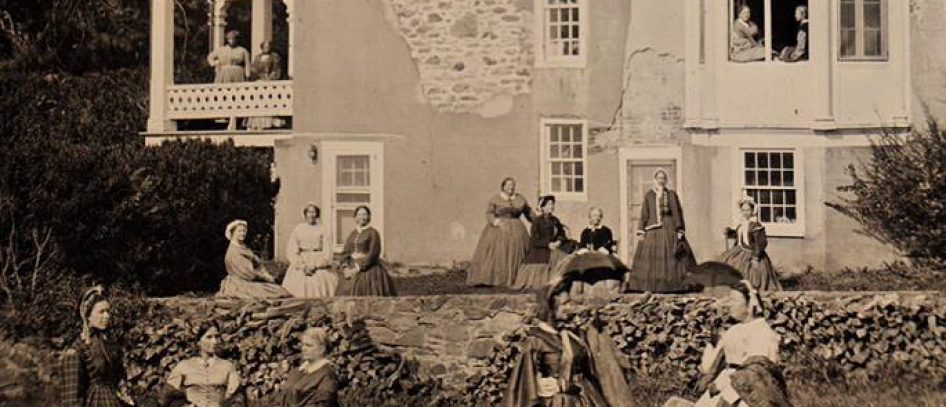Rosemary
It has a fragrant, grateful odor, and a warm aromatic bitter taste. Its medicinal virtues are tonic, stimulant, and resolvent, and is a useful, but powerful emmenagogue. It is employed in chlorosis, uterine obstructions, and nervous headaches generally. It was formerly believed that this plant gave strength to the memory. The tender tops are the parts used in medicine.
Rue
Its taste is bitter and pungent, and the leaves so acrid as to blister the skin. It is a very powerful medicinal agent, and must be employed with caution. It is tonic, stimulant, antispasmodic, and an emmenagogue, owing its power to the essential oil of the leaves. Rue is much used in hysteria and nervous complaints, also for flatulent colic. A strong infusion as a clyster is found useful in the convulsions of children. The plant is too powerful to be generally used in family practice.
[Thomas Stuart McFarland, a farmer near Belgrade, Newton County, in southeast Texas, reported that he had rue in his garden as of April 18, 1839.]
